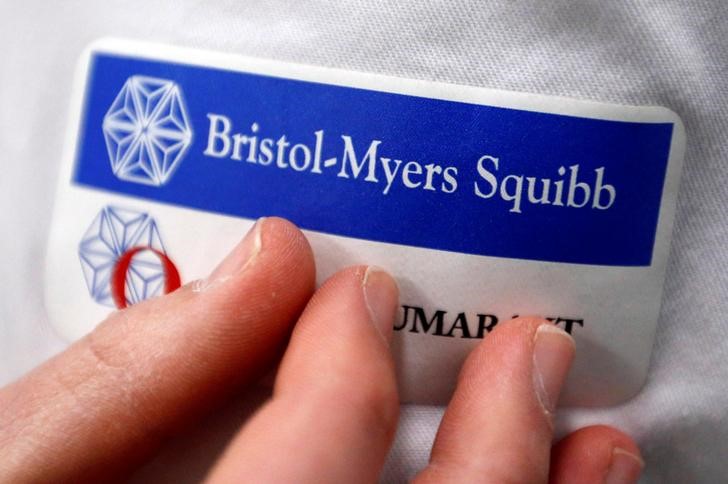PRINCETON, N.J. – Bristol Myers Squibb (NYSE: NYSE:BMY) has received approval from the European Commission (EC) for Abecma® (idecabtagene vicleucel; ide-cel) as a treatment for adult patients with relapsed and refractory multiple myeloma who have received at least two prior therapies. This marks the first approval of a chimeric antigen receptor (CAR) T cell immunotherapy in the European Union (EU) for earlier lines of therapy in this patient group.
Today's announcement underscores the company's ongoing commitment to advancing cell therapy for cancer treatment. Abecma, which has maintained its Orphan Designation in the EU, is now approved for use in all member states, excluding Great Britain.
The EC's decision is based on results from the Phase 3 KarMMa-3 clinical trial, which demonstrated a 51% reduction in the risk of disease progression or death when compared to standard regimens. The median progression-free survival (PFS) for patients treated with Abecma was 13.8 months, significantly longer than the 4.4 months observed with standard treatments.
The trial also allowed patients on standard regimens to cross over to Abecma upon confirmed disease progression, with over half of the patients in the standard regimens arm choosing to do so. This crossover is believed to have impacted the overall survival (OS) endpoint of the study. Despite this, Abecma showed a median OS of 41.4 months, compared to 37.9 months with standard regimens.
Abecma's safety profile has been described as well-established and consistent, with mostly low-grade and transient occurrences of cytokine release syndrome (CRS) and neurotoxicity. The therapy has also demonstrated a high manufacturing success rate globally, with Bristol Myers Squibb ready to meet the increased demand in the EU.
In addition to the EU, Abecma has been approved in Switzerland and Japan for similar indications and is currently under review by the U.S. Food and Drug Administration (FDA) for an expanded use. The FDA's Oncologic Drugs Advisory Committee has recently endorsed Abecma based on the KarMMa-3 study results.
This article was generated with the support of AI and reviewed by an editor. For more information see our T&C.
